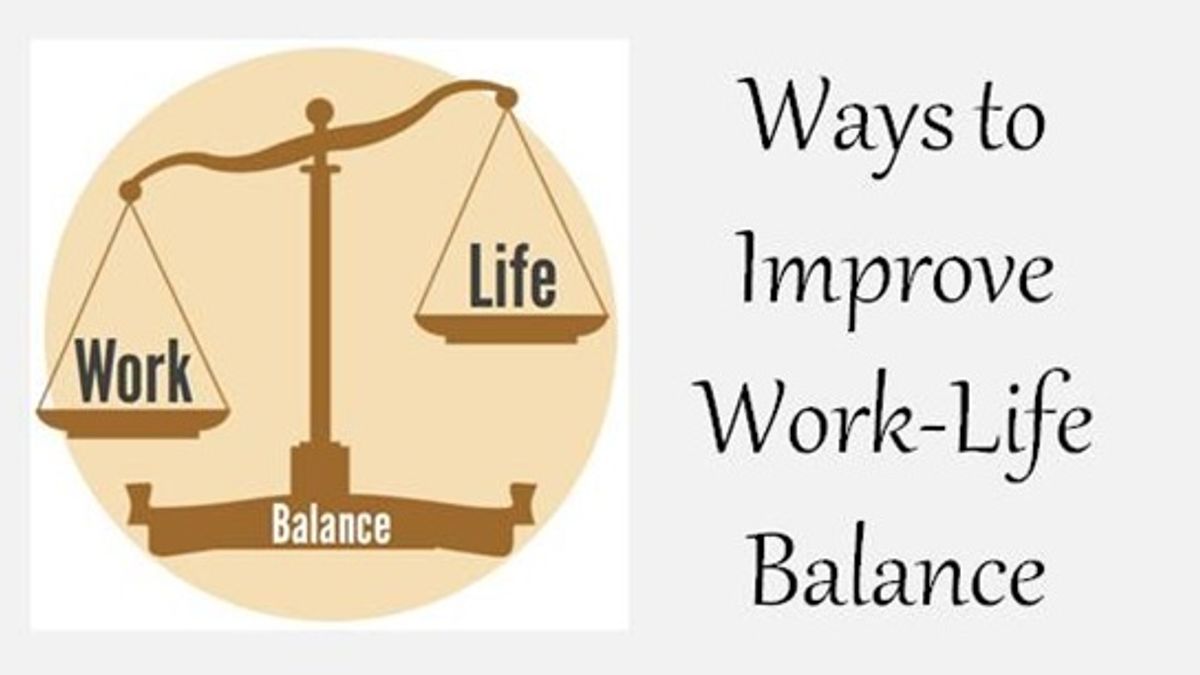Balancing work and personal life

Work-life balance refers to the effort to balance the demands of work and personal life, so that an individual can lead a fulfilling and satisfying life. It involves striking a balance between the time and energy devoted to paid work and other activities such as family, hobbies, and personal pursuits. The goal of work-life balance is to reduce stress, increase satisfaction, and maintain a healthy and productive lifestyle. It can involve making trade-offs and compromises, and it may differ for each person based on their individual priorities and circumstances.
What does work-life balance look like?
The unique nature of each of our lives and our fluctuating responsibilities means that work-life balance and work-life integration look different for everyone. It’s a constant negotiation about how—and where—you spend your time. In striving for greater work-life balance, you get to determine your priorities, whether they’re related to your work or personal life.
Why work-life balance is important
Improving your work-life balance can potentially improve your overall well-being, including your physical, emotional, and mental health. Studies have found that working long hours can lead to such serious health issues as “impaired sleep, depression, heavy drinking, diabetes, impaired memory, and heart disease” Unfortunately, as these conditions arise they can also exacerbate our work-life issues, leading to burnout and other negative repercussions.
Four ways to improve your work-life balance:
1. Pause and evaluate
2. Assess your priorities
3. Time management
4. Establish boundaries


